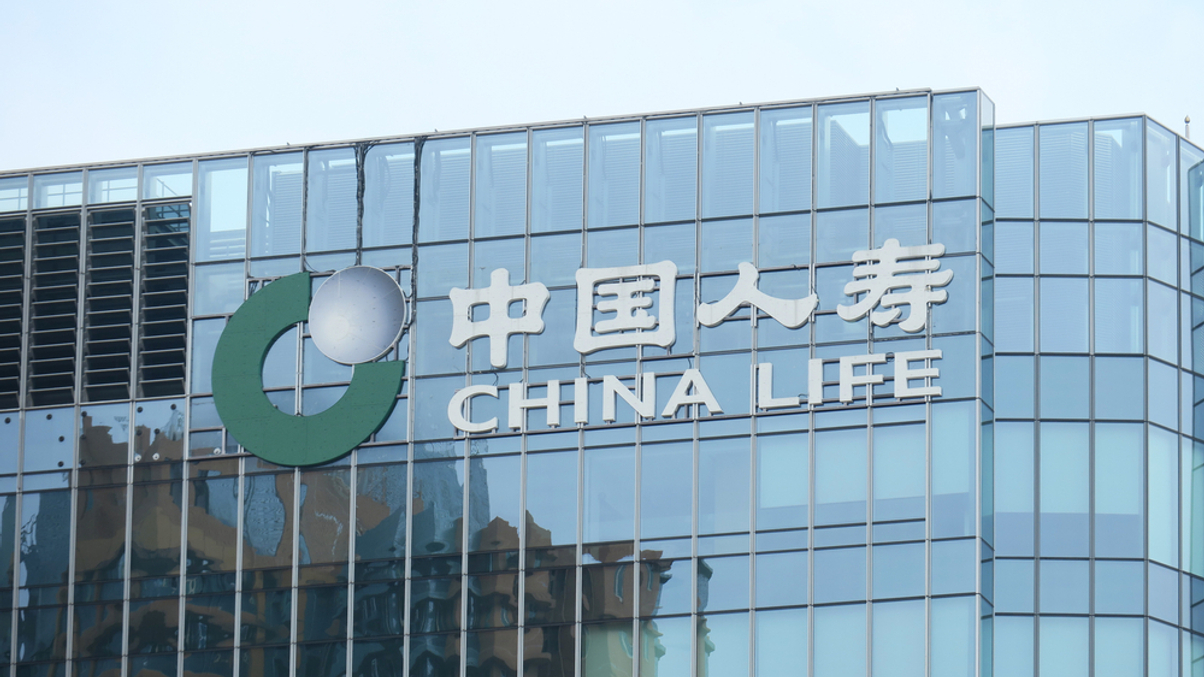Weekly investor roundup: China Life Insurance's chair under investigation; Korea's NPS accused of being passive with climate crisis
The chair of China Life Insurance is under investigation for "serious violations of discipline and law"; Korea's National Pension Service was found to have been passive with efforts to mitigate climate change; Singapore's NTUC Income plans to spin off insurance business to new company; Temasek leads $300 million funding round alongside Qatar's SWF for Carsome Group; and more.

TOP NEWS OF THE WEEK
Sign in to read on!
Registered users get 2 free articles in 30 days.
Subscribers have full unlimited access to AsianInvestor
Not signed up? New users get 2 free articles per month, plus a 7-day unlimited free trial.
¬ Haymarket Media Limited. All rights reserved.


